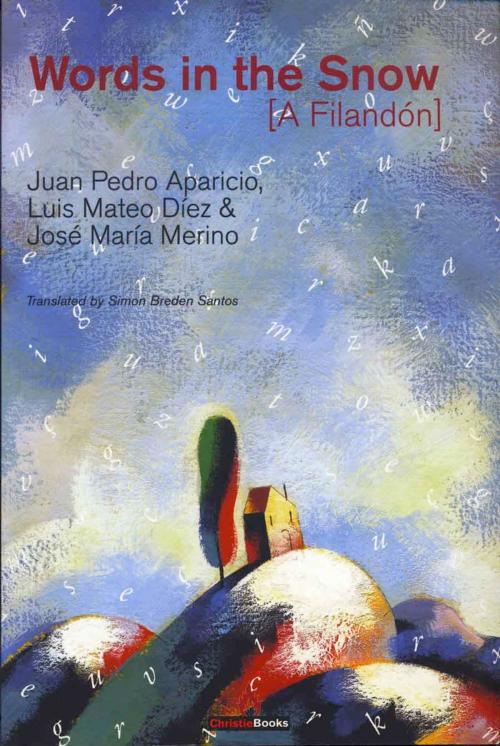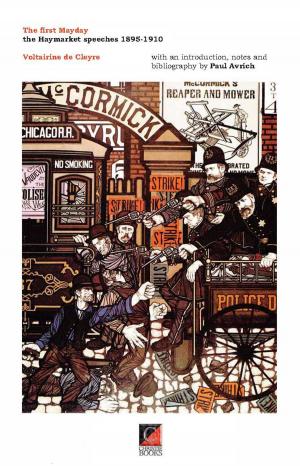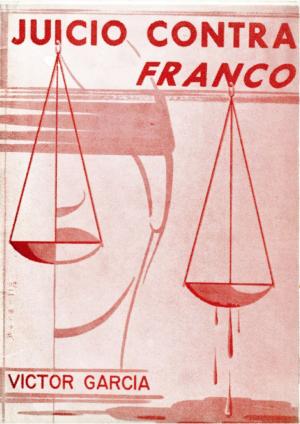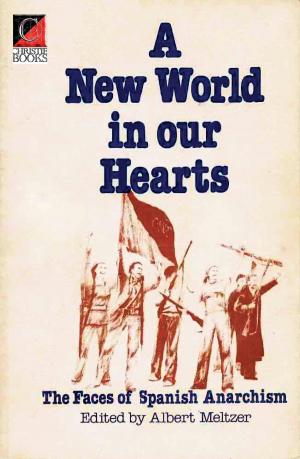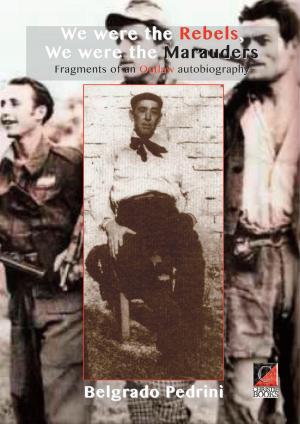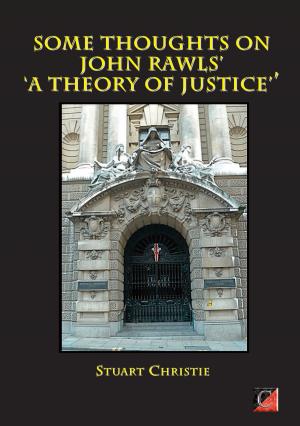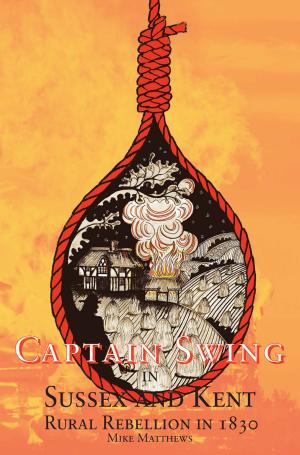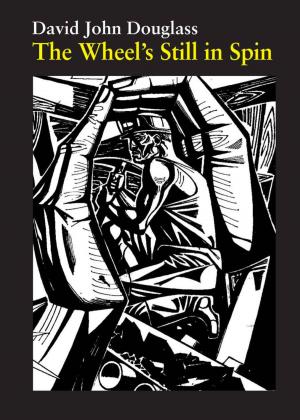| Author: | Juan Pedro Aparicio, Luis Mateo Díez, José María Merino | ISBN: | 1230000833097 |
| Publisher: | ChristieBooks | Publication: | December 8, 2015 |
| Imprint: | ChristieBooks | Language: | English |
| Author: | Juan Pedro Aparicio, Luis Mateo Díez, José María Merino |
| ISBN: | 1230000833097 |
| Publisher: | ChristieBooks |
| Publication: | December 8, 2015 |
| Imprint: | ChristieBooks |
| Language: | English |
This “Filandón is a collection of very short stories (by Juan Pedro Aparicio, Luis Mateo Díez and José María Merino) with parallel texts in Spanish and English, a format which makes learning either language so much easier than using a dictionary every few words. The filandón is a genre reborn midway through the twentieth century and currently booming in Latin America and Spain, and known, variously, as the micro-story, min-fiction or mini-tale – no one can decide on the most appropriate term, but it is a format distinguished for its brevity, dramatic intensity, experimentation, expressive concision, capacity for suggestion and formal autonomy typical of the literary Short Story.
“This brilliant collection of short stories from three contemporary Spanish writers has thrown the rulebook of realism away. The stories are very short, sometimes only a sentence long, but there is audacity and skill in the brevity. The writers use the ancient techniques of the fable to explore themes of science fiction and also to undertake some unsettling experiments with time and death. They show what can be done in a short space of time with stories honed down to the minimum so that the economy itself becomes a delight. Fate plays its part. Questions of shifting identity are raised. Philosophical conundrums present the reader with something to puzzle over The scale is big even if the narratives are small. And let us not forget humour There is dark mordant humour throughout. Surrealism is made to seem a normal state of affairs. There are echos of Borges, Calvino and even the short stories of Gogol but this does not preclude tales of everyday humanity: we have the story of the man who mourns the loss of his favourite soup when his local restaurant closes, the fireman who rescues a young woman and then becomes dissatisfied with his own wife; the traveller who returns to an unrecognisable hometown haunted by a sense of loss at the changes. Exhilarating and disturbing, there is always a refreshing sense of playfulness as well as some unexpected twists in the tales. The authors show no inhibitions about juggling with time and with physical scale so that we can be suddenly thrown into an Alice-In-Wonderland world. And best of all, in this day and age, when we rush from task to task, the stories are short enough to be read at a bus-stop, waiting at a check-out counter or even while the bath is running.” — Pauline Melville
This “Filandón is a collection of very short stories (by Juan Pedro Aparicio, Luis Mateo Díez and José María Merino) with parallel texts in Spanish and English, a format which makes learning either language so much easier than using a dictionary every few words. The filandón is a genre reborn midway through the twentieth century and currently booming in Latin America and Spain, and known, variously, as the micro-story, min-fiction or mini-tale – no one can decide on the most appropriate term, but it is a format distinguished for its brevity, dramatic intensity, experimentation, expressive concision, capacity for suggestion and formal autonomy typical of the literary Short Story.
“This brilliant collection of short stories from three contemporary Spanish writers has thrown the rulebook of realism away. The stories are very short, sometimes only a sentence long, but there is audacity and skill in the brevity. The writers use the ancient techniques of the fable to explore themes of science fiction and also to undertake some unsettling experiments with time and death. They show what can be done in a short space of time with stories honed down to the minimum so that the economy itself becomes a delight. Fate plays its part. Questions of shifting identity are raised. Philosophical conundrums present the reader with something to puzzle over The scale is big even if the narratives are small. And let us not forget humour There is dark mordant humour throughout. Surrealism is made to seem a normal state of affairs. There are echos of Borges, Calvino and even the short stories of Gogol but this does not preclude tales of everyday humanity: we have the story of the man who mourns the loss of his favourite soup when his local restaurant closes, the fireman who rescues a young woman and then becomes dissatisfied with his own wife; the traveller who returns to an unrecognisable hometown haunted by a sense of loss at the changes. Exhilarating and disturbing, there is always a refreshing sense of playfulness as well as some unexpected twists in the tales. The authors show no inhibitions about juggling with time and with physical scale so that we can be suddenly thrown into an Alice-In-Wonderland world. And best of all, in this day and age, when we rush from task to task, the stories are short enough to be read at a bus-stop, waiting at a check-out counter or even while the bath is running.” — Pauline Melville
